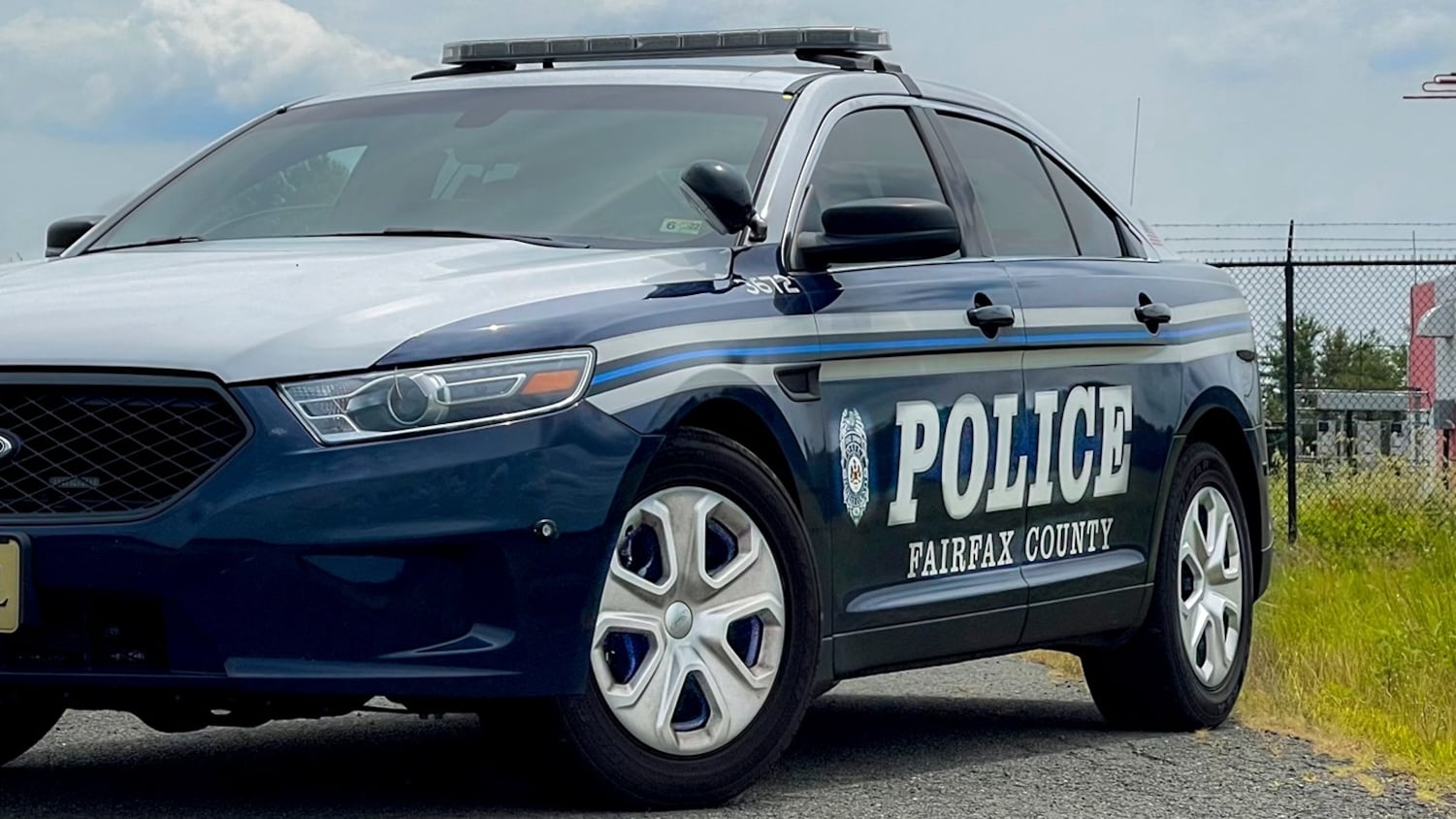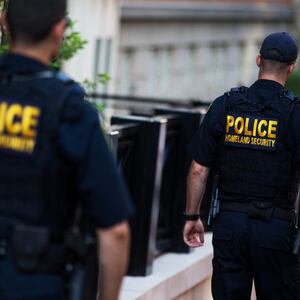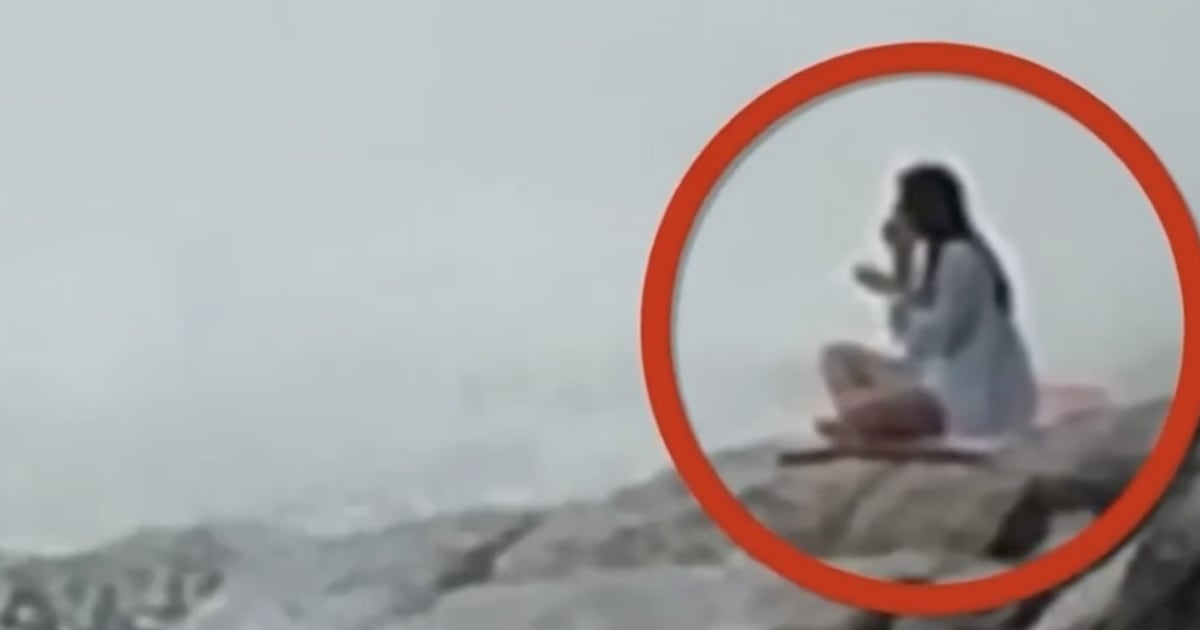A woman who claims she was sex trafficked from Costa Rica to the United States says she was victimized by the very people who were supposed to help her— the local police.
The plaintiff, who filed a lawsuit in the U.S. District Court for Eastern Virginia under the pseudonym “Jane Doe,” alleges that in 2010 she was approached by a woman who suggested she travel to the U.S. to work as an “escort”—a job she says was described as going on dates and attending lavish events with wealthy men. She claims she was not told she would be required to perform sexual acts.
She flew to Virginia on a ticket purchased by her new employer in October 2010 and was allegedly driven to an apartment in Fairfax, Virginia, where she met her new boss, Hazel Marie Sanchez Cerdas. The plaintiff claims Sanchez told her that she would not be going on dates with men, but instead would be having sex with them—and that she knew where her family was and would have them harmed if she did not comply.
ADVERTISEMENT
The plaintiff claims she was forced to have sex with several men per day for four and a half years, and that all of the proceeds went to Sanchez or her husband.
“By reason of her fear of harm to her family in Costa Rica, Jane Doe was coerced into providing commercial sex, beginning the very day of her arrival in Virginia,” the lawsuit states.
The suit also claims that local police officers were complicit in protecting the trafficking ring from authorities, in exchange for sexual services. It alleged that two Fairfax County police officers alerted Sanchez when the department would be doing sex trafficking stings and tipped her off about when they would be searching sites like Backpage.com and Eros.com, where she allegedly advertised her services. In exchange, the suit states, “Sanchez made Jane Doe available to them for sexual services gratis.”
In April 2015, the plaintiff says, she “seized the opportunity to escape” and went to law enforcement. In 2019, Sanchez was charged with—and eventually pleaded guilty to—felony charges related to sex trafficking and was sentenced to 30 months in prison.
Multiple women who spoke to the FBI in that case recounted similar stories of being lured to the U.S. by Sanchez’s associates under false pretenses, arriving in Virginia only to be told that they had to provide sexual services for money, according to an arrest affidavit. Often, Sanchez coerced them into staying by threatening their families abroad. One woman was required to let a customer spit in her face, and another insert a bottle into her vagina.
According to the lawsuit, the criminal case was later transferred to the FBI’s Public Corruption Division, where the plaintiff believes the police officers allegedly involved were investigated for their involvement in the trafficking ring. However, the plaintiff says she has not been able to obtain information about the outcome of that investigation from the FBI, and the Fairfax County Police Department has refused to identify the officers involved.
The police department and FBI did not respond to multiple requests for comment.
This is far from the first allegation of a police officer taking advantage of a sex worker. Seventeen percent of sex workers surveyed in a 2003 report by the Urban Justice Center of New York reported being sexually harassed by police, including one sex worker who reported being raped by police and another who reported being stalked. A similar percentage of sex workers in Washington, D.C., reported being propositioned by police in 2008. In 2018, seven New York police officers and a former police detective were charged with operating underground brothels in Brooklyn.
The Fairfax Police Department has repeatedly warned in recent years that sex trafficking is on the rise in northern Virginia and that teenagers are “now being targeted in public venues,” including bus stops, shopping malls, and social media. A 2016 release on the department's website made note of Human Trafficking Awareness Month and instructed anyone who was being forced to provide sexual services to “call the police and stay away from that person or group of people.”
The department also received a $500,000 grant from the U.S. Department of Justice in 2013 to build an entirely new human trafficking department, including a full-time detective and a full-time crime analyst. An anti-trafficking group called The Polaris Project was given another $500,000 to provide support to trafficking victims in northern Virginia. In a statement at the time, the police department said these funds would help the Northern Virginia Human Trafficking Task Force “continue to take an aggressive and innovative approach to investigating and prosecuting human trafficking cases.”
An update on the task force’s work posted a year later highlighted the launch of an “interactive website” and anti-trafficking posters that were placed in schools, on buses, and in shopping malls. The update also noted that police had identified 253 victims of sex trafficking that year and 69 suspects. It did not state the number of arrests it had made.








